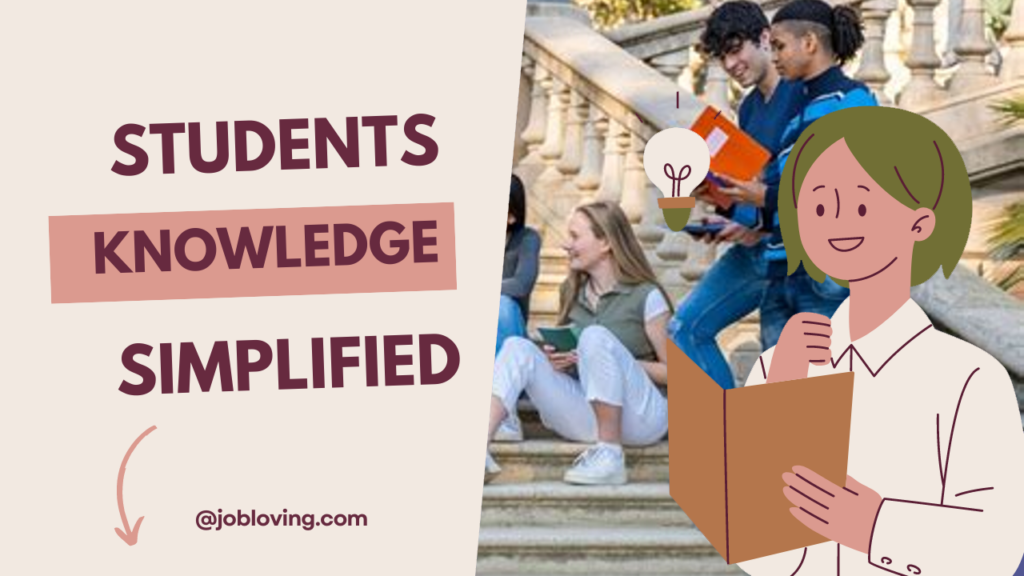In college, students find themselves navigating a whirlwind of activities, shuttling from classes to the dining hall, then off to dorms or libraries, punctuated by meetings and maybe a little bit of sports – it’s all part of the daily routine. This busy life can initially feel overwhelming, and many students realize they’re functioning at full throttle, waking up early and staying up late just to keep up with their schedules and workloads. But there’s something to be said for the freedom that accompanies managing one’s own time; it’s a rite of passage that many embrace with both hands after settling in.
For newcomers, college life can be a mixed bag of excitement and anxiety. Yes, a wave of nerves often crashes over even the most prepared students, but making friends tends to be easier than they expect. Sharing classes or interest-based clubs creates natural connections with a colorful mix of individuals. It’s often in those late-night study sessions or shared dorm experiences that lifelong friendships bloom, adding a layer of richness to the college adventure.
Diving headfirst into new activities and organizations is where the magic happens. Joining clubs or engaging with different groups helps students step outside of their usual social circles, leading to enriching interactions. Collegiate living often thrives on that communal energy found in dormitories, where shared spaces become hubs of laughter, collaboration, and lasting bonds. Yet, first-semester jitters can sometimes spark feelings of homesickness, underscoring the value of campus counseling services as a support lifeline.
Now, unstructured time can cut both ways. On one hand, it offers the chance to pursue diverse interests; on the other, it creates a scenario ripe for procrastination and overwhelming workloads. This makes effective planning vital for achieving the delicate balance between studies and social life. It’s a genuine juggling act, and as students learn to navigate their day filled with classes, study breaks, meals, and social gatherings, they quickly discover that mastering time management becomes a student’s superpower.
It would be remiss not to mention extracurricular activities. They provide outlets for creativity, personal growth, and important life skills that resonate well beyond graduation. Students often find themselves pursuing internships or part-time work, honing their time management skills while gaining practical experience. This entire spectrum of activities contributes to individual adaptability and resilience, making the college experience as transformative as it is educational.
As graduation looms closer, the emotional rollercoaster picks up speed, filled with nostalgia and anxiety about the future. Yet, those early years, marked by steamy study sessions, long nights of self-discovery, and shared experiences with roommates, become cherished memories. True independence sets in, equipping students with the tools they need for adult responsibilities and decision-making.
Ultimately, while every student’s experience is uniquely tailored to their personal choices, each takeaway from college is mixed with growth opportunities and an expanded worldview. As they immerse themselves in every facet of campus life and form those lasting friendships, students immerse themselves in a transformative journey that shapes not just their education but their very lives.
How does the transition to college life impact students emotionally and socially?
The transition to college life often induces a mix of excitement and anxiety, leading to feelings of homesickness and the need for emotional support. Building a support network and engaging in dormitory interactions can significantly enhance social connections and emotional well-being during this adjustment period.
What role does time management play in a successful college experience?
Effective time management is crucial for navigating the busy schedules typical of college life. Students face significant unstructured time, which presents both opportunities and challenges. Developing strong time management skills helps balance academics, social activities, and responsibilities, ultimately contributing to academic success and personal growth.
In what ways can participation in campus activities influence a student’s college experience?
Engaging in campus activities fosters personal growth, enhances social life, and promotes community involvement. Students who actively participate in clubs, societies, and extracurricular activities often report higher satisfaction levels and develop valuable skills sought by future employers, enriching their overall college experience.
How do roommate relationships affect the college living experience?
Roommate relationships can significantly enhance college life by providing companionship and support. However, they also present challenges that require clear communication and compromise to navigate effectively. Establishing expectations through roommate contracts can help mitigate conflicts and foster a positive living environment.

